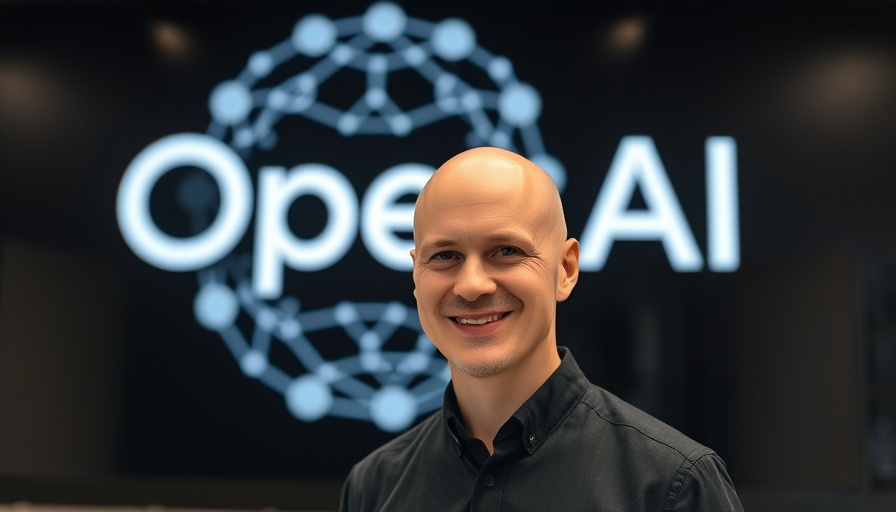
Microsoft's Strategic Move in the Age of AI
In a rapidly advancing technological landscape, Microsoft's current negotiations with OpenAI might shape the future of artificial intelligence and its implications for both industries and society. The reported discussions signal more than just a business deal; they hint at the bigger picture of how powerful AI entities will interact and coexist in an evolving market.
The Concept of AGI: Balancing Potential and Responsibility
OpenAI's ambition to achieve advanced general intelligence (AGI) embodies the pinnacle of AI development, aiming for a machine that can perform any intellectual task that a human can. However, the ramifications of such a technology extend deeply into ethical, social, and regulatory domains. With Microsoft seeking to maintain access to OpenAI's innovations, this raises fundamental questions: how can we ensure that such transformative technologies are developed responsibly?
A Deal in the Works: What It Means for Microsoft and OpenAI
The ongoing negotiations between Microsoft and OpenAI indicate a desire on Microsoft’s part to secure a foothold in OpenAI’s future, particularly with its technologies integrated into products like the Azure OpenAI Service and Copilot. The stakes are high; if OpenAI claims achievement of AGI, Microsoft risks losing access to critical technology that is key to its competitive edge. This presents a unique intersection where corporate interests align with the broader necessity for responsible AI development.
Regulatory Scrutiny and Legal Challenges: An Obstacle Ahead
Recent reports highlight not just the optimism surrounding the negotiations but also potential roadblocks. Regulatory scrutiny looms, and with Elon Musk's legal actions aimed at blocking OpenAI’s transition to a for-profit model, the complexities deepen. As AI products become mainstream, it is imperative to navigate the regulatory landscape wisely to prevent misuse and ensure public trust.
Why Microsoft’s Interest in OpenAI Matters Globally
This partnership and its implications resonate beyond just Microsoft and OpenAI; they reflect global concerns regarding AI governance. With institutions and countries racing to establish their own AI systems, the outcomes of Microsoft's deal could set precedents, influencing regulatory frameworks worldwide. Hence, industry watchers must pay heed to these developments as they can have lasting impacts on how AI evolves across different sectors.
The Societal Implications of Advanced AI
While discussions about AI typically focus on technical advancements and commercial viability, it is essential to consider societal impacts as AGI approaches. What safeguards will be put in place to prevent technological misuse? How will job markets adapt to this shift? These questions highlight the necessity for integrative discussions as stakeholders weigh the balances of innovation versus ethical and social accountability.
Final Thoughts: A Call for Informed Engagement
As Microsoft and OpenAI navigate their paths forward, keeping the conversation about responsible AI at the forefront is critical. Stakeholders from businesses, governments, and the public must engage in dialogues about the future of AI, addressing both opportunities and challenges. Building a robust framework for AI's safe deployment is not solely the responsibility of companies; rather, it is a collective endeavor that requires input from diverse perspectives.
As these negotiations progress, keep following developments, engage in discussions about AI ethics, and consider how these technologies will shape our lives in coming years. Understanding the nuances of AI’s evolution and the power dynamics at play will empower you to advocate for responsible innovation as this exciting frontier unfolds.
 Add Row
Add Row  Add
Add 




Write A Comment